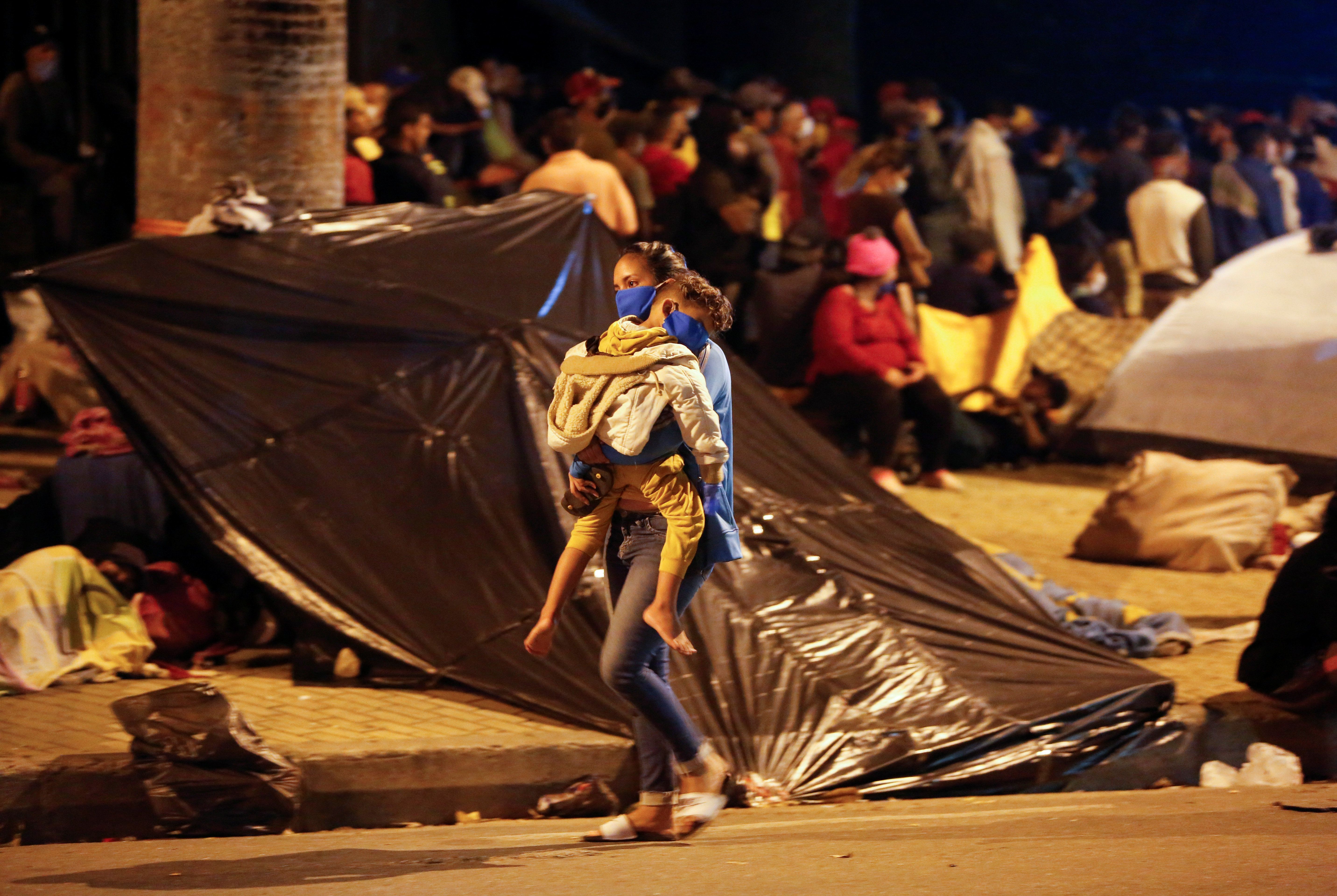Coronavirus Politics Daily: Virus origin stories, the mob reaps rewards, Venezuelans go home
Venezuelan refugees flee to...Venezuela: Over the past several years, more than a million Venezuelans have fled the humanitarian and political crisis in their country and settled in neighboring Colombia. Now, with much of the Colombian economy shuttered due to coronavirus lockdowns, some of them are returning home. Over the last week, at least 600 Venezuelans crossed back into Venezuela, many to reunite with family left behind there. It's a fraught choice: Venezuela's health system is a shambles, and there are still major shortages of water, food, electricity, and testing – complicating the government's ability to respond to the pandemic. But there's little work in Colombia these days, and only 40 percent of the Venezuelan refugees there are registered to receive government benefits.
Debates over the virus' origins: Since the coronavirus crisis first became international news late last year, there's been global consensus that it first leaped into a human body in a wet market in the central Chinese city of Wuhan. But now US intelligence agencies have confirmed that the US government is probing the possibility that the virus actually originated in a Wuhan science lab, and that it was unleashed on the public accidentally, perhaps due to poor handling of substances by researchers. The theory that COVID-19 was lab-made, first reported by Yahoo and Fox News, is just one possible origin theory under investigation by US intelligence agencies, sources have said. Leaked cables from the State Department obtained by the Washington Post this week reveal that the US has long been worried about the safety standards at Wuhan labs, which study bat coronavirus. Back in 2004, for example, samples of the SARS virus were reportedly leaked from Chinese labs on multiple occasions. For its part, the Chinese government denies the novel coronavirus is lab-made, saying that the theory lacks scientific evidence. Bottom line: we probably wont know the whole truth for some time.
Italian mobs reap covid rewards: Members of the Italian mafia are using the coronavirus pandemic, which has hit Italy particularly hard, to curry favor with vulnerable families who have suffered financially because of the national lockdown. The mobsters (mostly based in the country's south) are offering loans and food deliveries to ingratiate themselves to small business owners and poor families in desperate need of a handout. The Italian government, which has spent years trying to crush the mob, has designated 400 million euro in food aid to deter needy Italians from turning to organized crime for help. While quarantines make it harder for Italian criminal organizations to conduct their usual business of trafficking and smuggling, as we noted here, Italian officials warn that they might seek repayment for their loans by forcing recipients to perform illegal favors, like transporting drugs.
